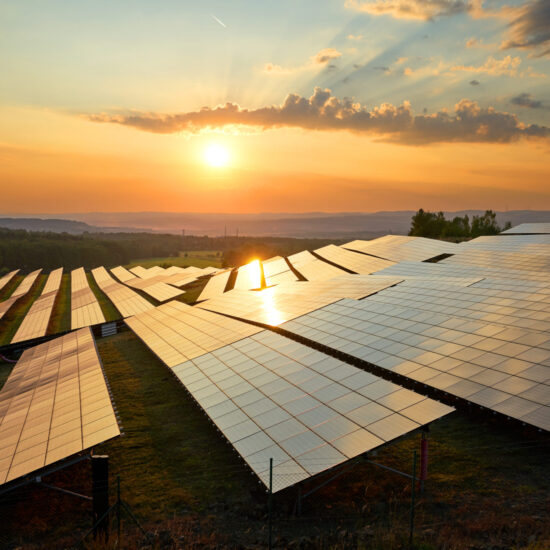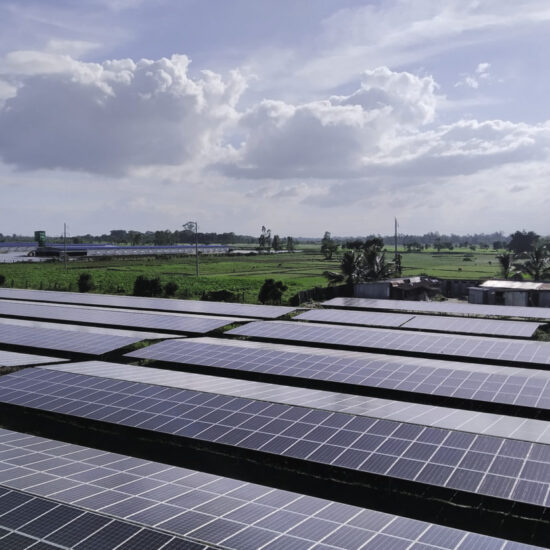
Economist Yusuf Dodia has warned that the recently announced 8-hour load shedding is hurting the growth of domestic product – GDP as the national productivity has dropped by about 50 percent.
Speaking in an exclusive interview with the Zambian Business Times – ZBT, Dodia highlighted that load shedding is preventing the country from being productive, and if this is done during the day, the national productivity will drop by about 50% adding that this impacts everything related to trade, commerce, and manufacturing as the entire economy is affected.
He noted that apart from the economic impact, there are also concerns about security due to the increased crime rates adding that with no lighting in homes, offices, or factories, thieves are likely to break in and steal from commercial premises.
“There are also concerns about security that if you don’t have lighting at your home or your office or your factory, you are likely to have thieves breaking in and getting your things from your commercial premises so the increased crime is likely to be seen quite clearly.”
“The other thing is, of course, the workers are being paid even though there’s no electricity they are earning a salary so on the one hand companies continue to pay its operating costs but on the other hand, the productivity is reduced.”
Dodia said the load-shedding exercise, which has been implemented due to low water levels in the country, is a wake-up call for Zambia in terms of building additional power stations for the future. The country needs to reflect on its policy in terms of access to energy, and it might be something they might want to rewrite their policy, similar to how they have developed the policy on education where education in Zambia has been made free to ensure that they have good human development for people.
He said the country needs to invest in new power stations to avoid such crises in the future. “The Batoka gauge power station, earmarked a long time ago, is a 2400-megawatt power station that would have been built between Zambia and Zimbabwe. Both countries would benefit from the huge amount of electricity which can be generated by this power station.”
“So definitely we are going to experience a downturn in the economy and we hope that the load-shedding will end as soon as later but also I think it’s a good wake-up call for us because this is not the first time this is happening and we are always reminded that the more hydroelectric stations we build, the better it is for this economy because we have seven of the major Rivers region 3 or 4 so we have enough water to develop more hydroelectric stations, even though we may have poor rainfall but we would still be able to generate enough power to continue supplying and adequately for our own and excess electricity we can sell to the region.”
He said It’s high time that the country takes stock of their activities and finds solutions that can mitigate against load-shedding exercise, which is affecting the economy very negatively. Otherwise, it will lead to inflation, prices of goods and services will go up, and there will be some areas of shortages of products.
“So I think the sooner we start investing in new power stations the good it is for the economy in the long run. so clearly it affects the economy very negatively and it’s very important that companies begin to look for alternatives to these activities in order to continue earning some revenue to be able to pay their workers and feed their families. Quite clearly this is a challenge that every company in Zambia will face and every company needs to take stock of their activities how they are doing it and try to find solutions that can mitigate against load-shedding exercise which has to be implemented due to low water levels in the country.”
“This is very much a wakeup call for Zambia in terms of building additional power stations for the future, I think it’s a wake-up call for Zambia in terms of seeing what the impacts of energy are on developing and growing our economy and for us to start reflecting on our policy in terms of access to energy it might be something we might want to rewrite our policy in the way we have developed the policy on education where education in Zambia has been made free to ensure that we have a good human development go for people the way that education impacts the lives of people in terms of being able to earn a living is the same way that energy impacts on economy in terms of productivity.” He said.
Dodia expressed concern that the country continues to look at energy as a commercial product that can be sold for profits rather than looking at it as a catalyst for development which should be made available to the economy for the purposes of economic development and Growth for the entire nation.
“So I think we have a lot of decisions to make in as far as how we treat energy going into the future.”
He said, Zambia needs to generate a strong and effective energy policy that will help the country overcome these challenges and ensure sustainable economic growth in the long run. The sooner the country starts investing in new power stations, the better it will be for the economy.







